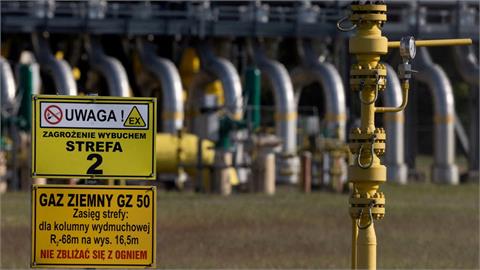Italian Eni launched a pilot plant for the biofixation of carbon dioxide through the cultivation of microalgae with the aid of artificial LED light, the company announced on Thursday.
The plant, built at the Eni Research Center for Renewable Energy and the Environment in Novara, in Italy encompasses its objectives of decarbonization and promoting a circular economy.
The advantages of this technology are its high CO2 fixation efficiency, simplicity, modularity and compactness, as well as its ability to operate 24/7.
According to the statement, currently, the pilot plant has reached very promising daily biomass productivity levels, which could allow a plant with a footprint of 1 hectare to produce 500 tons of biomass per year, trapping 1,000 tons of CO2.
"The algal biofixation process allows the fixing of carbon dioxide by exploiting chlorophyll photosynthesis to enhance CO2 as a raw material in high-value products such as algal flour for food/ nutraceutical markets, and/or bio-oil - not in competition with agricultural crops – to be used as a raw material in bio refineries," the statement read.
(Anadolu Agency, November 12, 2020)



